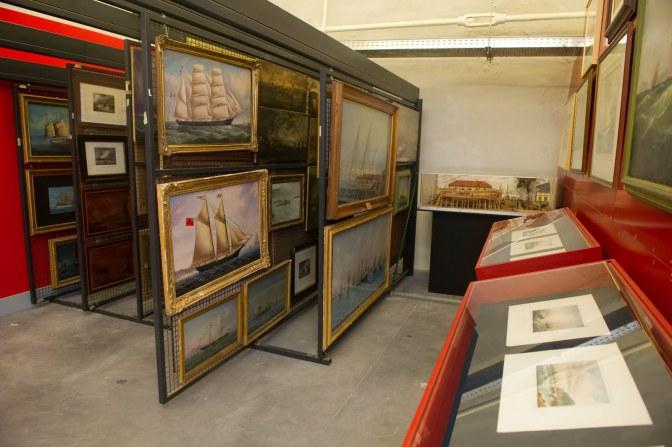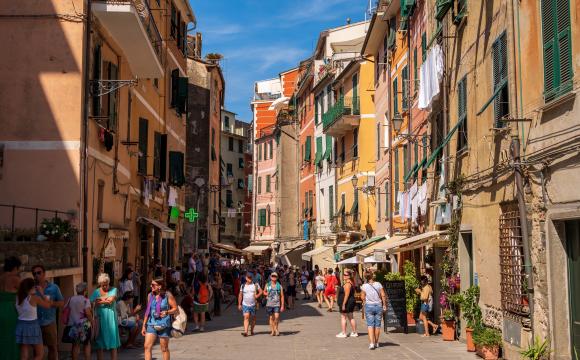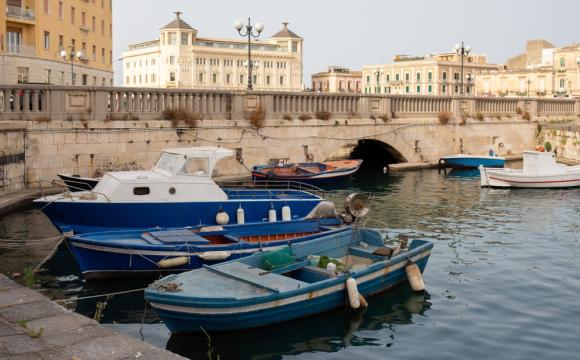Italy’s Artworks Up For Hire Abroad

New legislation that advocates Italy’s artworks in storage can be lent to foreign museums for as long as 20 years in return for payment has caused controversy in Italy.
The proposal is seen as a way of raising funds at a time of economic crisis. Some feel that renting out the nation’s treasures that are not on display in Italy’s galleries and museums may help cash-strapped institutions, and is a way of capitalising on the many jewels in Italy’s cultural crown.
However, not everyone is happy about the idea. Art historian Tomaso Montanari outlined the disadvantages of the proposal in a recent blog post on the website of the Italian newspaper ‘Il Fatto Quotidiano’. He wonders what the move says about the country’s dignity and prestige, suggesting that Italy is being reduced to an “escort” in international cultural life.
Montanari believes the rental of Italian artworks is wrong and points out that museums are not dusty warehouses, rather they are valuable asset that are used as research centres. While artworks may not be on display to the public, they are available to historians, art historians, students and such like, who may require to view them in order to complete their studies or research. It is worth pointing out that even minor artworks less known to the public can prove to be important in evaluating the development of art by famous artists, who may have been influenced by them or perhaps even taught by lesser known artists.
He thinks the concept of art for hire is in fact dangerous because for the first time, Italian law does not regard Italian art as enhancing the country’s culture and heritage but something to create income – and that such an attitude will accelerate the pace of rentals. Montanari asserts that museum directors will feel under pressure to rent out artworks and at that point may find it hard to resist the requests of wealthy countries.
Although the Ministry of Culture says that museum and gallery directors will have the right to refuse such requests, Montanari is unconvinced given the state of Italy’s museums and galleries directors, who are already underpaid, and harassed to lend works out on rotation. He also points out the possibility that officials may be open to bribery and corruption.
You may also be interested in...
Latest property in Italy
370 m²
7 Bedrooms
279000
66 m²
2 Bedrooms
179000
210 m²
4 Bedrooms
135000
270 m²
4 Bedrooms
0
0 m²
11 Bedrooms
2300000












